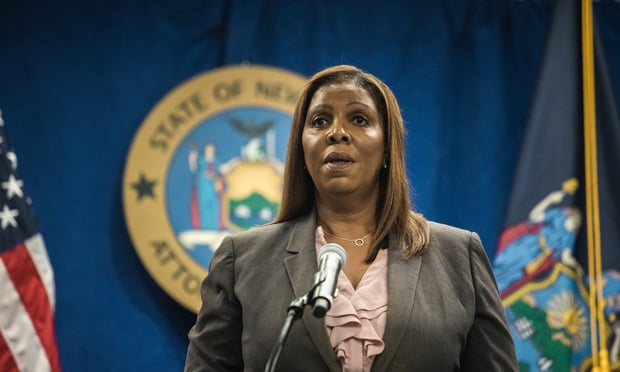A new study from Wells Fargo Institutional Retirement and Trust implies retirement plan sponsors need to do more to help employees focus on getting the most out of their retirement plan. Employers still view retirement plans mainly as a benefit rather than as the primary means for their employees to support themselves after retirement, according to the firm.
"For most Americans, retirement will be self-funded through a 401(k) plan, and we continue to believe that employers play a crucial part in helping employees see the magnitude and the importance of that task," said Joe Ready, director of Wells Fargo Institutional Retirement and Trust. "Plan sponsors need to embrace their role in helping employees focus on maximizing their retirement plan."
According to the survey, fewer than half (45 percent) say the "primary" goal of offering a retirement plan to their employees is to "provide employees with the means to achieve a financially sound retirement." Rather, the majority (51 percent) say the primary reason they offer a retirement plan is to "provide competitive benefits to attract and retain employees."
Recommended For You
When asked why they think employees participate in a company-sponsored 401(k) plan, fewer than a third (30 percent) of employers say it is because they think participants want to save enough to retire comfortably. Forty-two percent of the employers surveyed said employees participate in order to take advantage of the company's 401(k) match.
"We have a real crisis of retirement savings and believe companies can play a crucial role in addressing this by educating and motivating their employees to prepare for a solid and sustainable retirement," said Laurie Nordquist, director of Wells Fargo Institutional Retirement and Trust.
"The fact that fewer than a third of plan sponsors think employees participate in 401(k) plans because they want to retire comfortably suggests there is room for improvement in educational efforts to make sure employees understand the need for income that will see them through retirement. That should be what motivates employees to participate in the plan, above all else."
When companies were asked, "What is your primary goal for your participants in 2010," the responses varied, with 35 percent saying it was to "educate participants on retirement needs and how much to save." Twenty-two percent said the primary goal for their participants is to "increase participation," and another 22 percent said it was to "increase the amount participants save."
The market downturn of 2008-09 put the spotlight on market volatility as a concern for plan sponsors. When asked "What is the greatest challenge and concern about your company retirement plan," about a quarter (26 percent) said "impact of market volatility on account balances." Another quarter (25 percent) said "participant use of the plan," and only a fifth of respondents (19 percent) said "providing employees with the financial ability to retire."
"It is a concern to Joe and me that only one in five companies today see their role as supporting and giving their employees the best opportunity to create a financially viable retirement," Nordquist said. "In our minds, this should be the number one concern. Volatility is certainly an issue, but it is a component of a bigger picture."
When plan sponsors in the survey were asked whether they measure if their employees are financially prepared for retirement, about half (49 percent) said "they do not measure" results. Only 10 percent indicated they project each employee's retirement income and compare it to expected needs.
Asked how they measure the effectiveness of their retirement education programs, 61 percent of companies indicated they gathered feedback "informally." Only 22 percent said they measure data "before and after" a communication event to see what worked.
"Corporate America measures business performance every day," said Ready. "We need to take that mindset and help companies apply it to managing the success of their employees in retirement preparation. Companies play a critical role, and we want them to embrace this position."
The 2009 Challenges and Goals for Retirement Plans survey and its resulting analyses are developed and sponsored by Wells Fargo & Company's benefits consulting division, BPS&M. This is the 14th employee benefits survey conducted by BPS&M. The survey analysis includes information on defined contribution and defined benefit plans. Boston Research Group conducted the survey entirely online during the fall of 2009. Data were collected from 357 employers from organizations of all types and sizes and from all regions of the U.S. Survey results can be obtained by contacting BPS&M at 615-665-1640 or [email protected].
© 2025 ALM Global, LLC, All Rights Reserved. Request academic re-use from www.copyright.com. All other uses, submit a request to [email protected]. For more information visit Asset & Logo Licensing.







